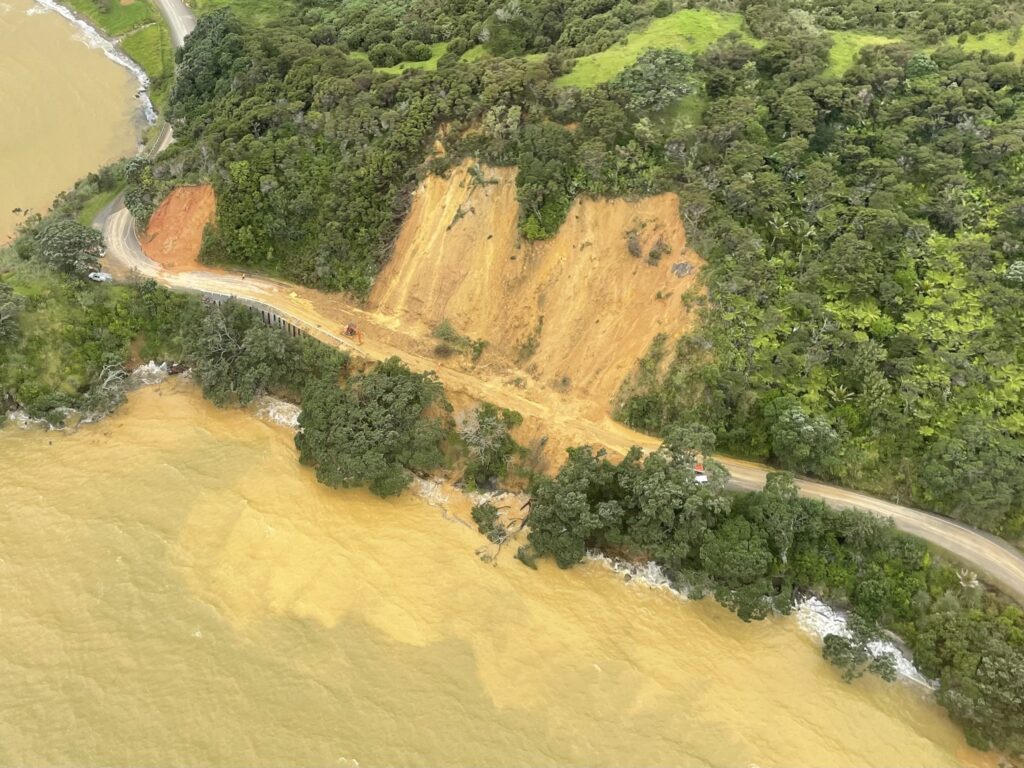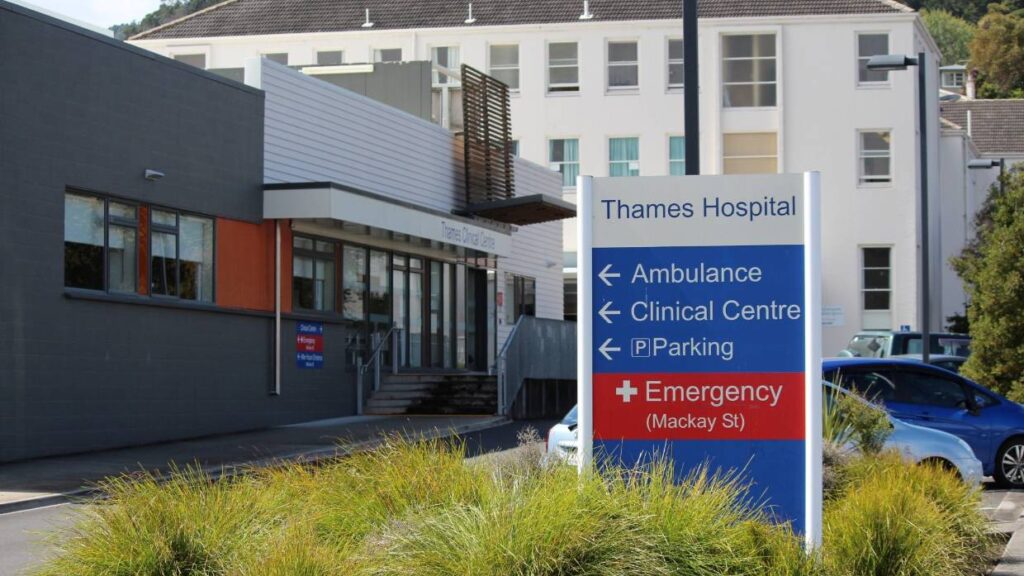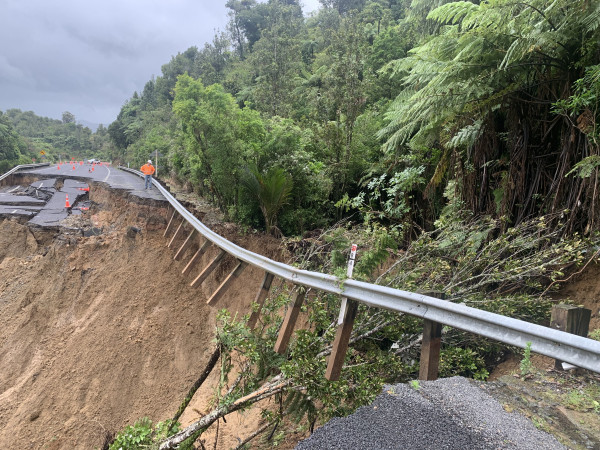Thames Hospital nurses who live on the east coast of the Coromandel peninsula are facing long and dangerous drives to and from work in the wake of Cyclone Gabrielle.
Te Whatu Ora has offered nurses who face additional travel time an extra one hour’s pay or one hour of paid leave per shift, to compensate.
‘I don’t usually drive on that road, it’s quite windy and there’s a lot of bigger trucks . . . I need to work, but it’s not the safest approach.’
But the nurses say this is inadequate when they will face four to six- hour return trips from their homes in Whitianga and Tairua while State Highway 25A is closed.
The regional hospital serves the Thames, Coromandel Peninsula, Hauraki and Paeroa areas with an emergency department (ED), 24-bed medical inpatient unit, and surgical and community care.
Of about 147 nurses who work at the hospital, 20 live on the east coast.
The road, linking Tairua and Thames, is severely damaged with repairs likely to take up to one year.
Some who are on casual contracts say it just won’t be worth continuing to work at the hospital.

One nurse, who didn’t want to be named, lives in Whitianga and said she would have to drive on the windy and treacherous Thames Coast Road, which was now even more compromised following Cyclone Gabrielle.
“I don’t usually drive on that road, it’s quite windy and there’s a lot of bigger trucks . . . I need to work, but it’s not the safest approach.”
The nurse, who is on a casual contract, regularly works several 12-hour shifts a week and pays a friend in Thames to stay overnight.

“I thought maybe the more logical thing would have been to offer us accommodation [in Thames], so we could go over, stay a couple of nights, and come back.”
Another nurse who lives in Tairua, and didn’t want to be named, said she was unsure if she would be able to continue working at the hospital as the compensation offered was not adequate, and there was no commitment to offer accommodation and consecutive shifts.
The alternative route from Tairoa to Thames via SH25 was a 240km return trip, costing about $30-$40 in petrol, an additional two and a half hours of travelling time and significantly more wear and tear on her car.

“My fear about that is that if all of us from outlying areas say we won’t be turning up for work, I don’t know how the hospital’s going to run.”
Registered nurse Kim Kelly, who also lives in Tairua and works casually for the hospital, said the offer by Te Whatu Ora did not nearly compensate for the personal time and increased cost in fuel for nurses travelling those distances.
“Does this really show the value of the work nurses, and the care they provide to patients?”
“Whatever is set up has got to be able to sustain these nurses so they can get to work and support their colleagues and provide critical patient care.”
Thames Hospital NZNO delegate Rachel Fitzgerald said she was worried the hospital may lose staff over the issue but was hoping to meet with management next week.
Fitzgerald hoped Te Whatu Ora would help to “make it worth it to come in, whether that’s an offer of accommodation, or pay for all of the extra hours they need to travel”.
Te Whatu Ora regional director, Te Manawa Taki (Waikato, Bay of Plenty, Taranaki, Tairāwhiti, Lakes) Chris Lowry said Te Whatu Ora appreciated the support of all its workforce during the unprecedented weather event.
“We know that staff across the sector are struggling to travel through affected regions to get to their places of work, and we have taken steps to assist and to recognise this additional challenge.
“Te Whatu Ora is in continuing dialogue with staff representatives across the sector about cyclone-related compensation as the situation evolves.”


